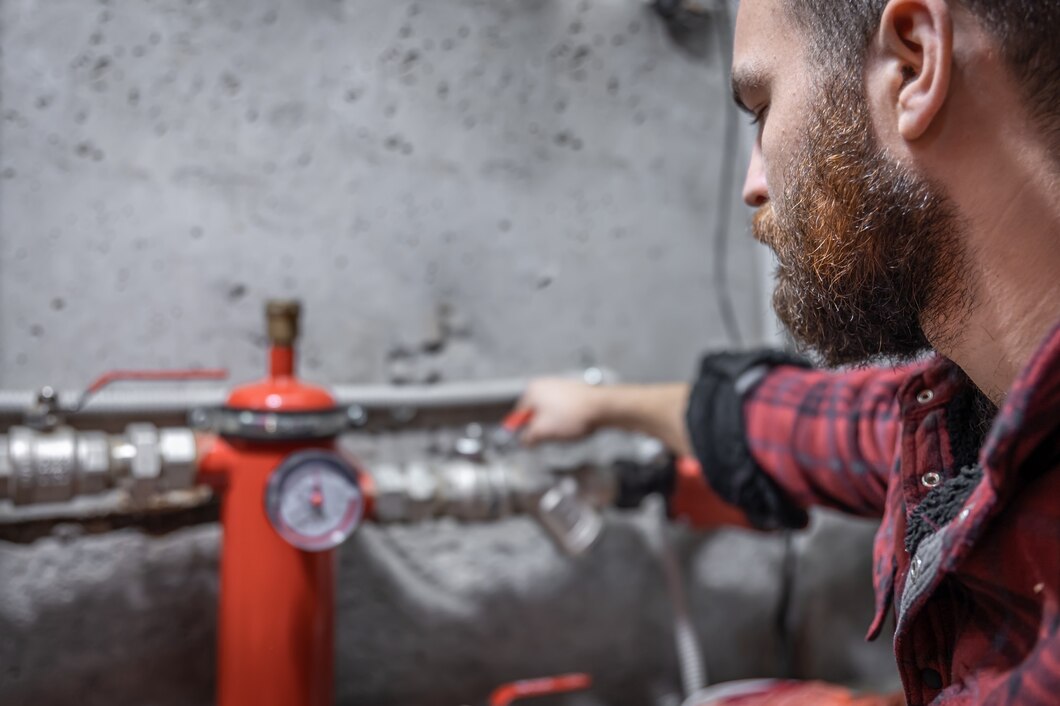Pros and Cons of Going Tankless Water Heater: What You Need to Know

Are you considering going tankless for your hot water needs? Tankless water heaters have been around for some time now, and they offer a host of advantages over traditional tank-style water heaters. Tankless systems can provide a continuous, endless supply of hot water, eliminating the need for storage tanks and reducing energy costs. They take up less space than a traditional tank system, and they’re more efficient and environmentally friendly.
But before you make the switch to tankless, it’s important to understand both the pros and cons of going tankless. Here are some of the things you need to know before making a decision.
Pros of Going Tankless
1. Continuous hot water supply
When it comes to water heaters, there are two main types: tank and tankless. Traditional tank water heaters store a certain amount of water in a tank and use a heating source to heat it all up, saving it for later. Tankless water heaters, however, don’t store any water, but use a heating source to heat up the water as it passes through the pipes. This means that you’ll never run out of hot water again.
On top of providing a continuous supply of hot water, tankless water heaters have a variety of other benefits. For one, they are more efficient and cost-effective than tank water heaters. Since they don’t store water, tankless water heaters don’t have to constantly reheat the water, which can save you on your energy bills. Tankless water heaters also take up less space, since they don’t have a large tank to store the water. Plus, most tankless water heaters come with digital temperature controls, so you can easily adjust the temperature of the water.
Investing in a tankless water heater is a great way to enjoy all the benefits of a continuous hot water supply without having to worry about running out of hot water or wasting energy and money. The cost of installation may be higher than a traditional water heater, but the energy savings and increased lifespan make it a worthwhile investment.
2. Space-saving
When it comes to home improvement projects, space-saving is often top of mind. For many, this means finding ways to maximize the available real estate in their home without sacrificing functionality or comfort. Tankless water heaters are one way to do this, as they are much smaller than traditional tank-style systems, freeing up valuable space in your home.
Tankless water heaters are a great space-saving option for many reasons. First, they don’t require a bulky storage tank, so you don’t have to worry about finding a place to house it. That means more available space for other items in your home. Second, tankless models are usually mounted on the wall, taking up less space than traditional tanks that are usually mounted on the ground. Finally, they are often much thinner than traditional tanks, making them an excellent option for small spaces.
3. Energy efficiency
Are you looking for a way to save money on your energy bills each month? If so, you may want to consider making the switch from traditional tank systems to tankless systems. The fact is that tankless systems are highly energy efficient and can help you save on your energy costs each month.
Tankless systems, or on-demand hot water systems, use less energy than traditional tank systems because they only heat the water when it is needed. Instead of keeping a tank of hot water constantly heated, tankless systems heat the water quickly and only when it is needed. This means that the water is heated more efficiently than with a traditional tank system, and you save money on your energy bills.
4. Environmentally friendly
Having a tankless water heater in your home has an abundance of advantages, including the potential for a much greener lifestyle. Tankless water heaters are much more environmentally friendly than a traditional tank-style system, making them an ideal choice for a home.
Going tankless is a great way to reduce your carbon footprint and help protect the environment. Tankless water heaters don’t require the use of fossil fuels, which makes them much more energy efficient than tank-style systems. This means they use less energy and require less resources to heat the water, ultimately resulting in fewer emissions being released into the atmosphere. Additionally, tankless water heaters last much longer than tanks, meaning you won’t need to replace them as often, further reducing your environmental impact.
If you’re thinking about a tankless water heater, it’s important to talk to a professional plumber (such as Rørlegger Oslo anbefaling) to get the advice you need. An experienced plumber can assess your home’s hot water needs and determine which type of tankless system is best suited to your home. The plumber will also be able to provide advice on which components and features are right for your needs, ensuring that you get the most out of your tankless system.

Cons of Going Tankless
1. Initial cost:
Tankless systems can be more expensive than traditional tank-style systems. This is because tankless systems require more complex technology, making them more costly to install.
2. Maintenance:
Tankless systems require more maintenance than traditional tank-style systems. This means you’ll need to be more diligent in cleaning and maintaining your tankless system to ensure it’s running efficiently.
3. Limited capacity:
Tankless systems have a limited capacity and can’t provide enough hot water for multiple tasks at once. This means you may need to wait for hot water to become available if you’re doing multiple tasks at once.
In Short
Going tankless is a great option for many homeowners, as it can provide you with a continuous supply of hot water and save you money on your energy bills each month. However, it’s important to weigh the pros and cons of going tankless before making a decision. If you’re looking for an efficient and environmentally friendly option, tankless may be the right choice for you.





